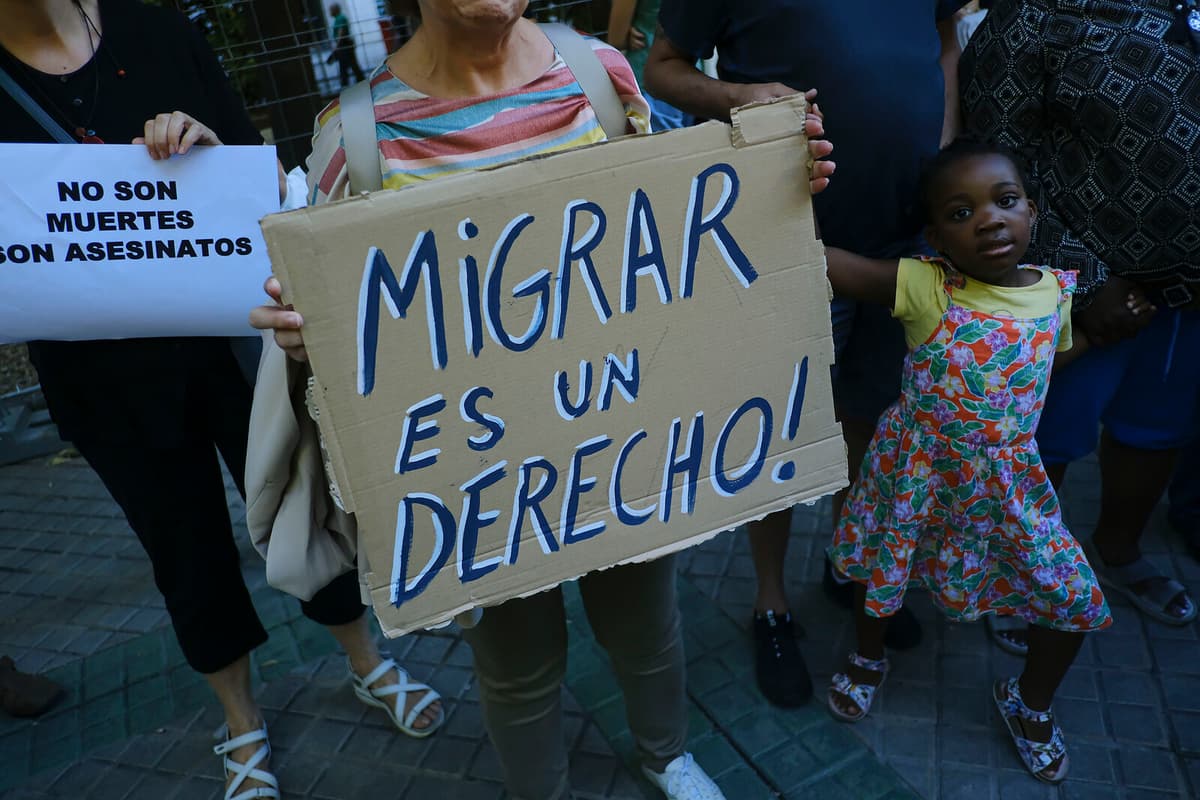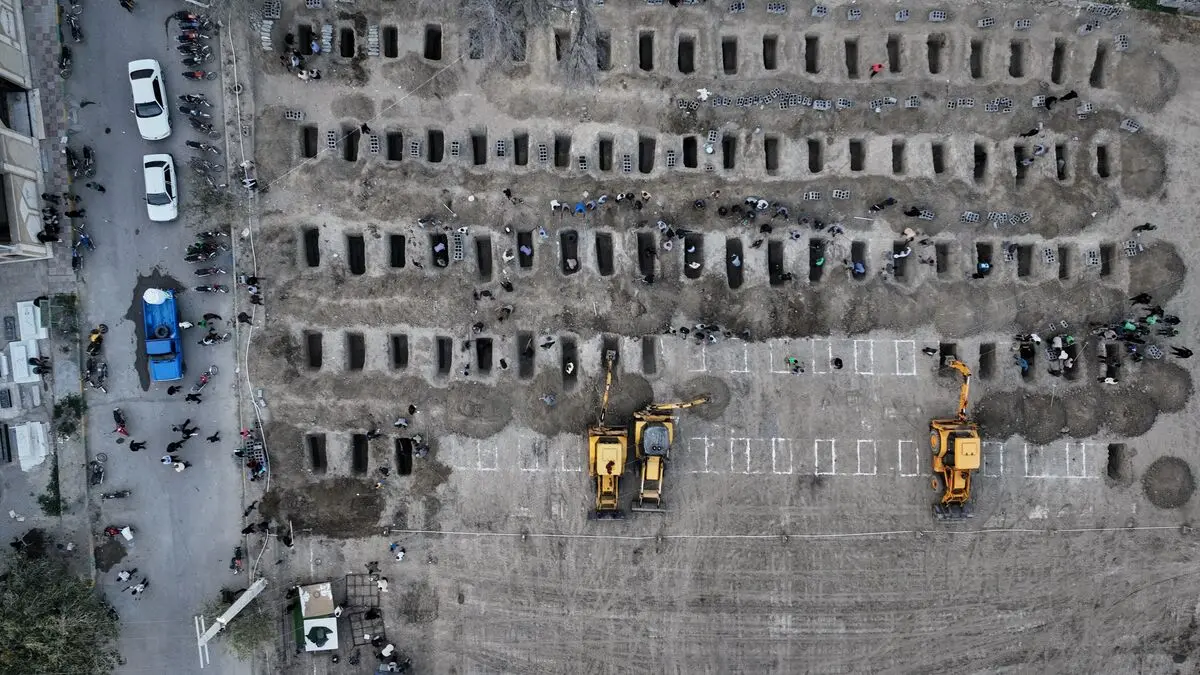The measure aims to expand Spain's aging workforce by allowing migrants in the country to obtain work and residence permits – despite lacking formal documentation.
Spain needs around 250,000 registered migrant workers annually to maintain its welfare, according to the Minister of Migration. But the measure is also about showing respect for human rights, says Saiz.
Today, we can say that Spain is a better country, she says to the public service channel Radiotelevisión Española.
Prime Minister Pedro Sánchez has repeatedly described the country's migration policy as a way to address the country's low birth rate.
So far this year, around 54,000 undocumented migrants have arrived in Spain by sea or land, according to the Ministry of the Interior in Madrid. Exactly how many live undocumented in the country is unclear, but many of them are said to have low-wage jobs that the Spanish themselves do not want – and without legal protection, they are vulnerable to exploitation and social misery.
With the new regulations, it will be administratively easier to issue short- and long-term visas and to provide working migrants with better safety nets, according to Saiz.
Spain's economy is among the fastest-growing in the EU, partly due to migration and an increase in tourism after the pandemic's difficult years.






